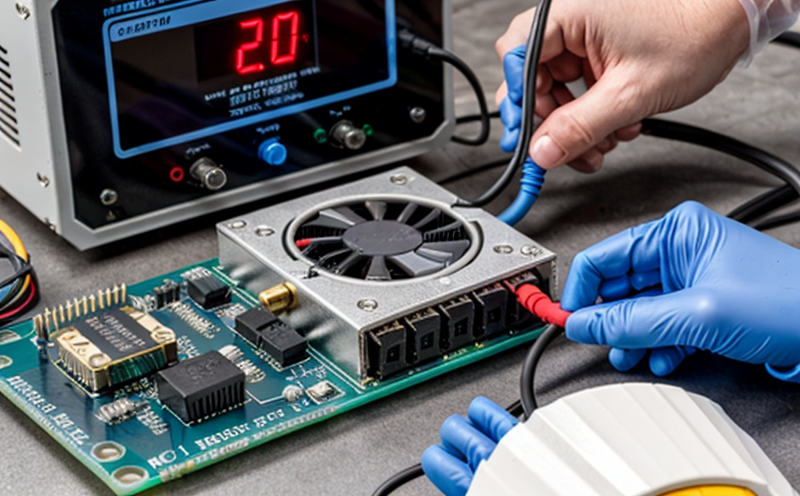Electrical Isolation Testing
Electrical Isolation Testing Safeguarding Your Business with Unparalleled Reliability
In todays fast-paced industrial landscape, ensuring the safety and reliability of electrical systems is paramount for businesses across various sectors. Electrical isolation testing is a crucial laboratory service that helps companies identify potential risks and prevent catastrophic failures. At Eurolab, we specialize in providing top-notch electrical isolation testing services to safeguard your business from unforeseen electrical hazards.
What is Electrical Isolation Testing?
Electrical isolation testing involves evaluating the insulation properties of electrical equipment to ensure it can withstand harsh environmental conditions without failing or causing harm to personnel and assets. This process is critical for industries that rely heavily on electrical systems, such as power generation, transmission, and distribution utilities, manufacturing plants, healthcare facilities, and transportation networks.
Why Electrical Isolation Testing is Essential
Electrical isolation testing offers numerous benefits for businesses seeking to minimize the risk of equipment failure, downtime, and potential liabilities. Here are some key advantages of utilizing this laboratory service
Advantages of Electrical Isolation Testing
Prevents Equipment Failure Regular electrical isolation testing helps identify weaknesses in insulation properties, enabling proactive maintenance and replacement of faulty components, thus reducing the likelihood of catastrophic failures.
Ensures Safety By verifying the integrity of electrical equipment, you can guarantee a safe working environment for your personnel, protecting them from electrical shock, fires, or other hazards.
Reduces Downtime Timely identification of insulation issues allows for planned maintenance, minimizing unexpected shutdowns and reducing operational losses.
Compliance with Regulations Electrical isolation testing helps businesses meet industry-specific standards and regulatory requirements, avoiding costly penalties and reputational damage.
Increases Efficiency By optimizing electrical equipment performance through regular testing, you can reduce energy consumption, lower maintenance costs, and extend the lifespan of your assets.
Benefits for Your Business
Cost Savings Electrical isolation testing helps prevent equipment failures, reducing repair costs, downtime, and potential liabilities.
Improved Reliability Regular testing ensures that electrical systems operate within safe parameters, minimizing the risk of unexpected failures.
Enhanced Safety Culture By prioritizing electrical isolation testing, you demonstrate a commitment to personnel safety and well-being.
Frequently Asked Questions
What types of equipment require electrical isolation testing?
All electrical equipment, including transformers, switchgear, motors, generators, and circuit breakers, should be tested regularly.
How often should I conduct electrical isolation testing?
The frequency of testing depends on various factors, such as equipment type, operating conditions, and industry regulations.
What are the consequences of failing to conduct regular electrical isolation testing?
Neglecting electrical isolation testing can lead to equipment failure, accidents, downtime, and potential liabilities.
Why Choose Eurolab for Electrical Isolation Testing
At Eurolab, we understand the importance of electrical isolation testing in ensuring business continuity and personnel safety. Our laboratory services are designed to provide accurate, reliable results that meet or exceed industry standards.
By partnering with us, you can trust that your electrical equipment will be tested by experienced professionals using state-of-the-art technology. Our team is committed to delivering exceptional service, transparency, and expertise.
Electrical isolation testing is not a luxury; its an essential investment in the safety and reliability of your business. By prioritizing this critical laboratory service, you can mitigate potential risks, prevent costly failures, and maintain a safe working environment for your personnel.




